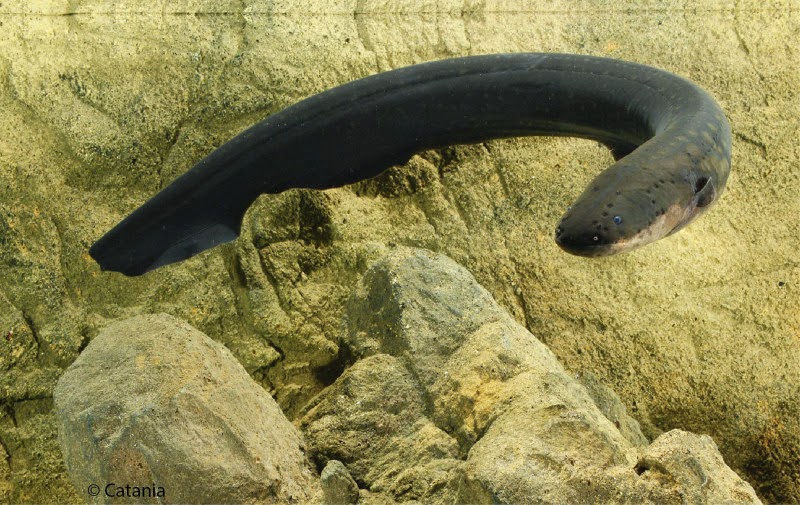The Mediterranean diet has seen growing global popularity as researchers find that the dietary pattern can help prevent or reduce obesity, heart disease, type 2 diabetes and certain types of cancer.
Responsive to that popularity, the University of Arizona Department of Nutritional Sciences is hosting a series of events meant to explore and share current research related to the dietary pattern, which focuses on fresh fruits and vegetables, whole grains, beans and nuts, along with lesser amounts of lean fish, meats, dairy, olive oil and red wine.
"We want to emphasize how this pattern of eating has been demonstrated to contribute to disease prevention," said Donato Romagnolo, a professor in the Arizona Cancer Center and the nutritional sciences department, which is housed in the UA College of Agriculture and Life Sciences.
National Geographic Blue Zones speaker Rudy Maxa, a Washington Post reporter and columnist, and five Tucson-area celebrity chefs will kick off the Jan. 28 opening-night reception, "A Food, Wine and Healthy Living Event," at the Tucson Museum of Art.
The 6-8 p.m. event is open to the public and will feature food prepared by the chefs, award-winning wine provided by the Arizona Wine Growers Association and live flamenco and Spanish guitar.
Then the UA will will host the Jan. 29-30 "Health Benefits of the Mediterranean Diet – Bringing Science to the Plate (With an Arizona Twist!)" scientific conference at the Student Union Memorial Center.
Supported in part by a grant from the U.S. Department of Agriculture, the conference is geared toward public health and nutrition professionals, nurses, physicians, physical therapists and chiropractors, and it is offered for continuing professional credit. The event is also open to students and features a student showcase.
A full agenda and registration for the conference are available online.
Promoting the health benefits of the Mediterranean lifestyle is just one of numerous initiatives sponsored by the UA Department of Nutritional Sciences to advance optimal health and well-being for Arizonans and to focus on ways of preventing and treating chronic diseases.
After the conference, a four-part, hands-on cooking series will be offered to the public during February and March at the UA Cooperative Extension's Garden Kitchen, "The Many Faces of the Mediterranean Diet: Four Evenings," featuring the cuisines of Spain, France, Morocco and Italy. Information is available online.
Also, the Mediterranean Diet and Health course will be offered for academic credit during summer 2015 (one week in Tucson and three weeks in Verona, Italy) for students through the UA Global Initiatives Study Abroad Program.
Much of the interest in the Mediterranean diet stems from evidence that it can reduce the risk of death associated with heart disease and cancer. Other research indicates that the diet can reduce the incidence of Parkinson's and Alzheimer's diseases.
Romagnolo, also the program director of the Mediterranean Diet and Health Study Abroad Program, said the benefits are especially important given pervasive health concerns across the nation. He noted that about 60 percent of people in the U.S. are overweight and 30 percent are obese.
"The latter is a risk factor for diabetes, cancer and metabolic syndrome," Romagnolo said.
During the conference, more than 20 presenters from the UA College of Agriculture and Life Sciences, the UA College of Medicine, national and international universities, institutes and organizations will talk.
Presenters will cover four general areas: the Mediterranean diet and regional trends; obesity, diabetes and healthy aging; cancer prevention and control; and methods for translating science to the plate.
Live demonstrations by Arizona growers, vendors and educators will provide attendees with tasting opportunities, meal preparation ideas and information on where to find local products that help make healthful eating easy in the Southwest.
Also, prominent diet researchers from Spain, France and Greece will present current research on the health benefits of the traditional Mediterranean diet and offer ways to adapt it using local agricultural ingredients and cooking techniques. Speakers include:
Lluis Serra-Majem of the University of Las Palmas de Gran Canaria, Spain, who will present the keynote address on "The Mediterranean Diet as an Intangible and Sustainable Food Culture."
Mariette Gerber of the INSERM-Institut du Cancer de Montpellier, France, who will discuss "Implementing the Mediterranean Diet: The French Perspective."
Antonia Trichopoulou of the University of Athens, Greece, who will speak on "Mediterranean Diet and Longevity."
"The conference is an opportunity to present ideas and concepts that may be adopted by the food industry, nutritionists, researchers and policymakers to help reduce the burden of these chronic diseases," Romagnolo said. "We want to show people how they can do it on their own and apply the basic tenets of the diet here in Arizona."
Source: University of Arizona




































